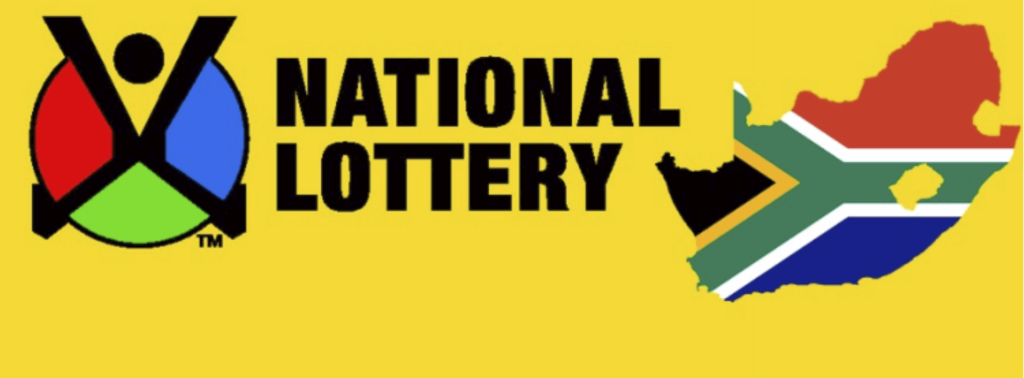
The rapid growth of Online casino games in Africa
Although Africa does not have a uniform set of gaming laws that govern the entire continent, online gambling is experiencing an incredible rise, and at the moment, the focus is on mobile. More and more gamblers are using their smartphones for wagering, and thanks to that, the online casino industry is expected to surpass traditional land-based gambling in revenue.
The Growth of Online Gambling In Africa
The growth of online gambling in Africa is mostly backed by the increased availability of smartphones on the continent and the increase in internet penetration which blew out during over 24 months of lockdown across most African countries that came as a result of covid-19 outbreak. By the end of 2020, there were close to 495 million smartphone owners, which is almost half of the population. Moreover, the rise continued during the pandemic, as the third quarter of 2021 faced the arrival of 26 million smartphones to the African continent.
The increased smartphone ownership boosted the growth of online casino gaming, especially in countries like South Africa where the mobile device penetration is expected to reach 67% by 2026, the region is also experiencing more stable internet connections than ever, especially in countries like Nigeria, Kenya, Uganda, Tanzania, Morocco, Ethiopia, and Egypt where the coverage is booming. For example, in 2020, there were 154 million internet users in Nigeria only, and the number continues to rise.
What’s making online casino games so Popular?
Online casino games are getting more attention from African players than ever, mainly because the majority were forced to bet online for over 24 months as all retail operations in most markets were shut down to reduce the spread of COVID-19 paving the way for online casino games and also tremendously increased both internet and mobile phone penetration.
In addition to the above, there was a period of time when all sports games were halted to prevent the further spread of COVID-19 which left most sportsbooks without sports data to provide for sports betting thus leaving players to resort to virtual sports and online casino games which paved the way for the majority to play online casino games.
Most African iGaming players realized the convenience of Using a mobile app for online gambling as it allowed them to enjoy their favorite time on the go, any time they wanted, which was totally different from retail/land-based gaming where they would have to dedicate time to go and visit a physical venue. Moreover, going to a land-based establishment sometimes also means waiting in lines to get a seat at a particular table or a slot machine, which is not the case with gaming on mobile phones. Digital gambling has no limits when it comes to the number of seats and the availability of games. As long as players have a proper mobile device and a stable internet connection, they can have fun whenever they wish. Also, internet gambling adds more privacy and a greater feeling of security to the whole experience, since players don’t have to be surrounded by fellow punters as they play, The Majority of Africans discovered all this during covid-19 pandemic which somehow heavily contributed to the rapid growth we see across most key markets.
Attractive Bonuses
Mobile gamers enjoy the incredible offerings of bonus rewards and promotions. From the moment a punter opens up an account, they continuously receive different prizes, and some of them do not even require real money deposits. All the top casino sites continue racing to attract new users and keep the existing ones with promotions like deposit bonuses, free spins, cash rewards, and many others. Some platforms also developed VIP programs where the members are treated with premium rewards that cannot be claimed by regular users. However, each operator has its own set of rules that control the use of bonuses, and before punters claim any of the rewards, they must follow all key terms and conditions.
Variety of Games
The large list of online casino games from various providers – from classics like pokers, roulettes, slots, and blackjack, to more advanced options like video poker and live dealer sessions, everything at fingertips continues to influence this growth.
Mobile and Internet Penetration as of 2022 and 2023 in key African iGaming Markets
| Country | Mobile phone connections as of 2022 (Millions) | Internet Users as of 2023 (Millions) |
| Nigeria | 199.6 | 122 |
| South Africa | 108.6 | 43 |
| Kenya | 64.9 | 17 |
| Ethiopia | 58.5 | 20 |
| Tanzania | 53.8 | 21 |
| Ghana | 44.9 | 23 |
| Uganda | 27.6 | 11 |
Reach out to us at info@geniusgamingconsult.com for feasibility market studies for any of the above-mentioned markets and the rest of Africa with in-depth infographics about the stature of each of the key markets in terms of online casinos, main players, their estimated market shares, current providers/games, Bonuses and promotions, Modes of payments, etc. we also conduct business development for and on behalf of B2B providers planning to expand into Africa.








